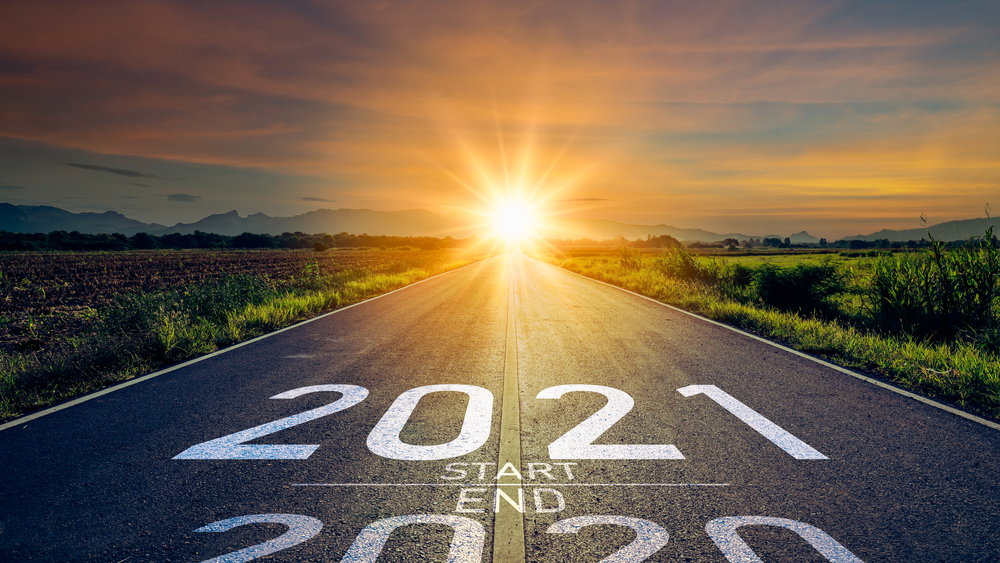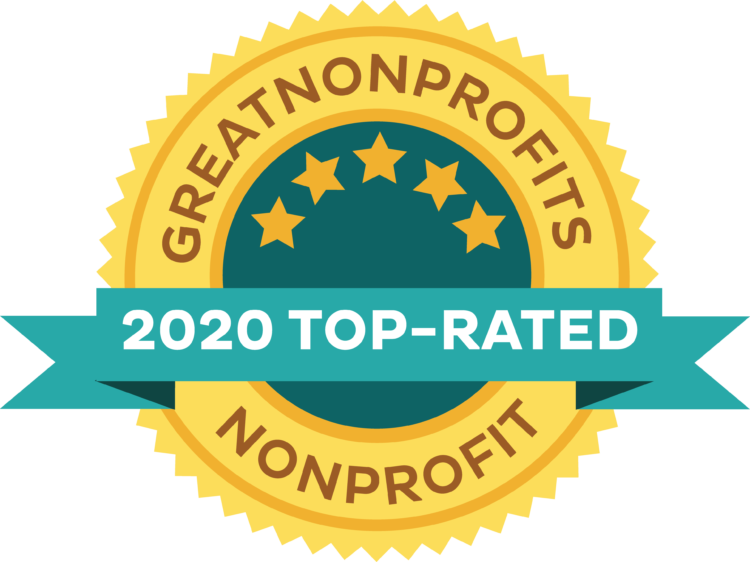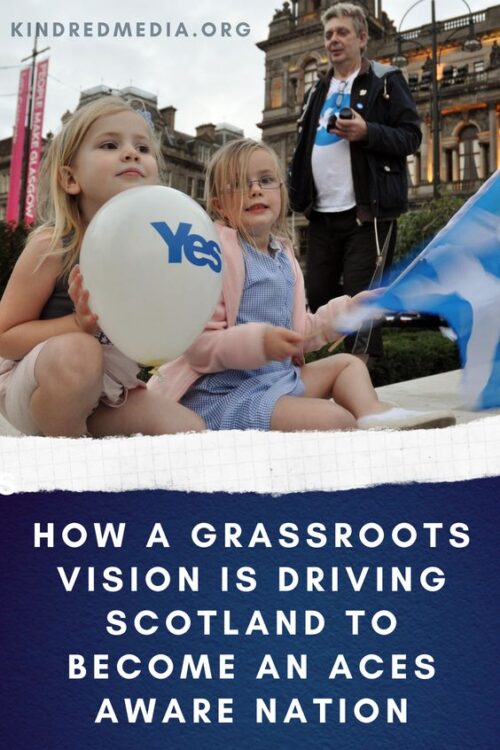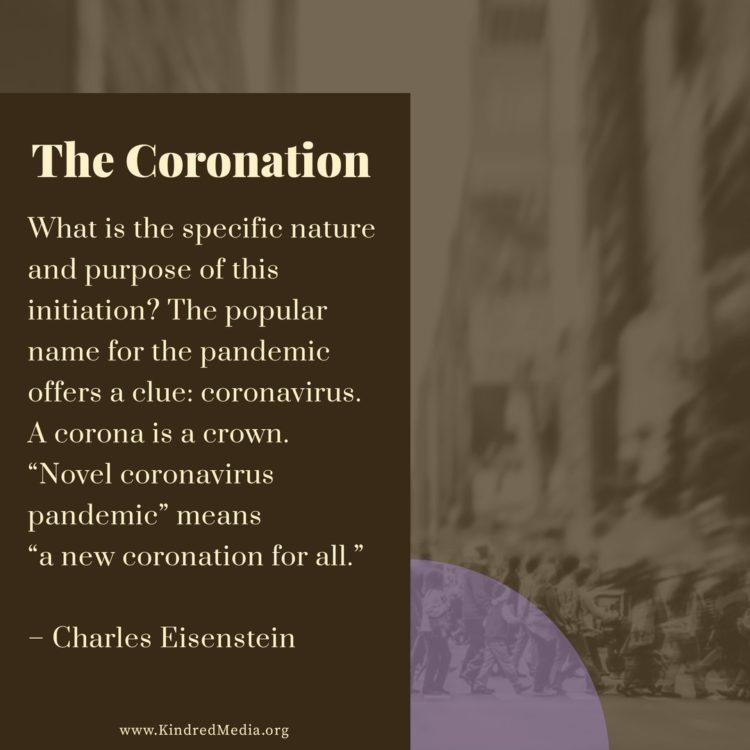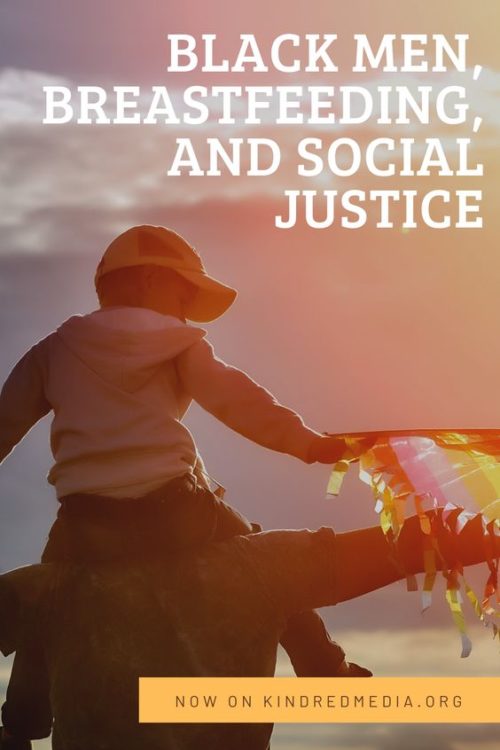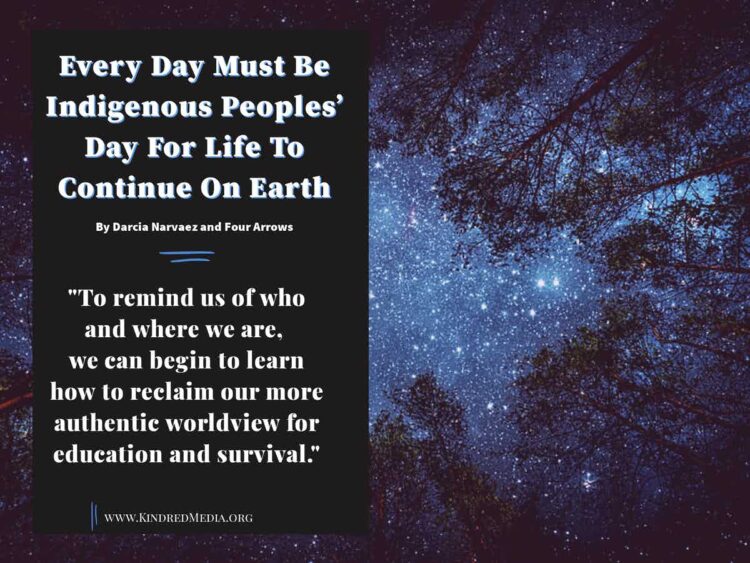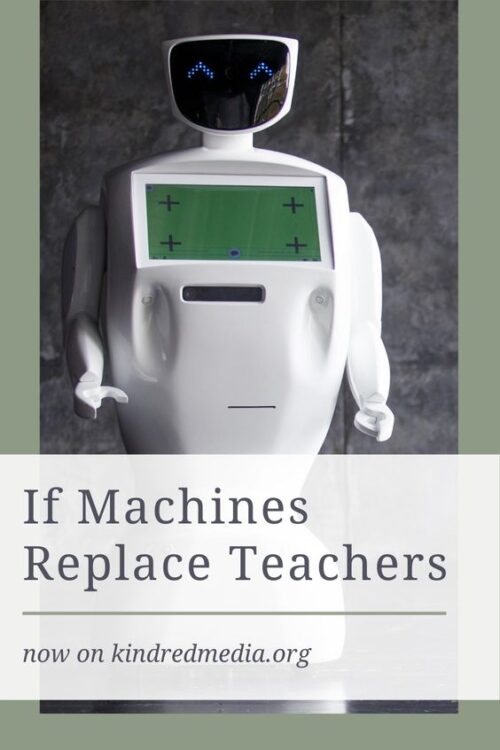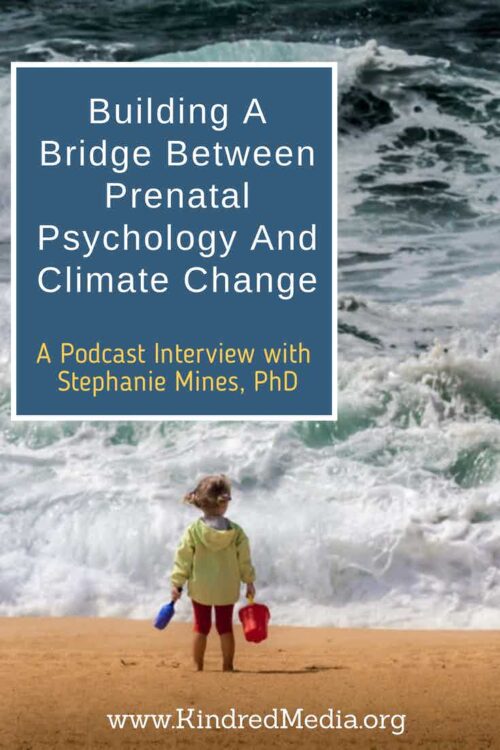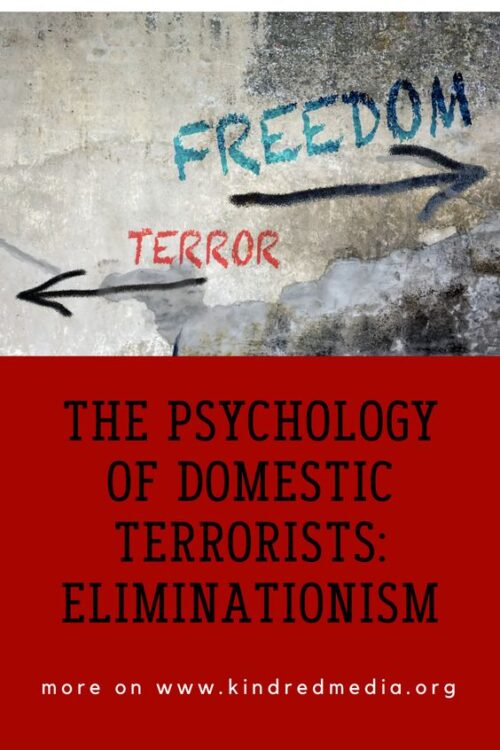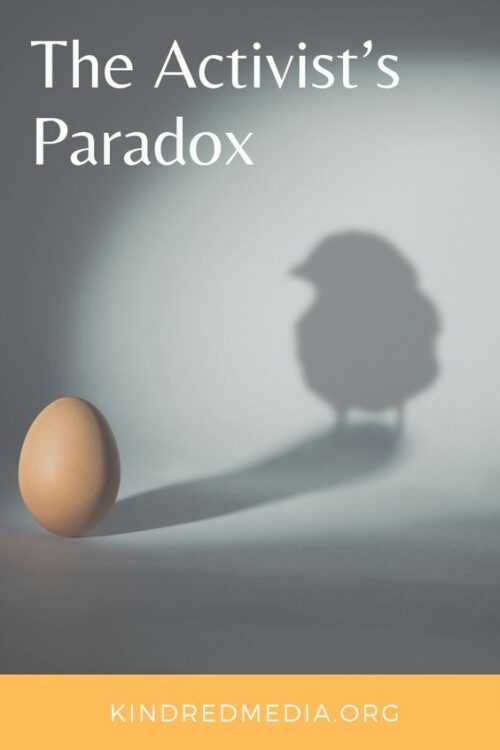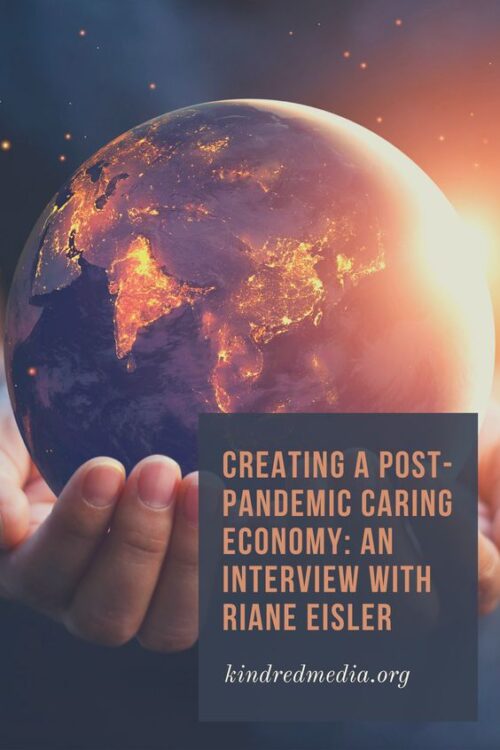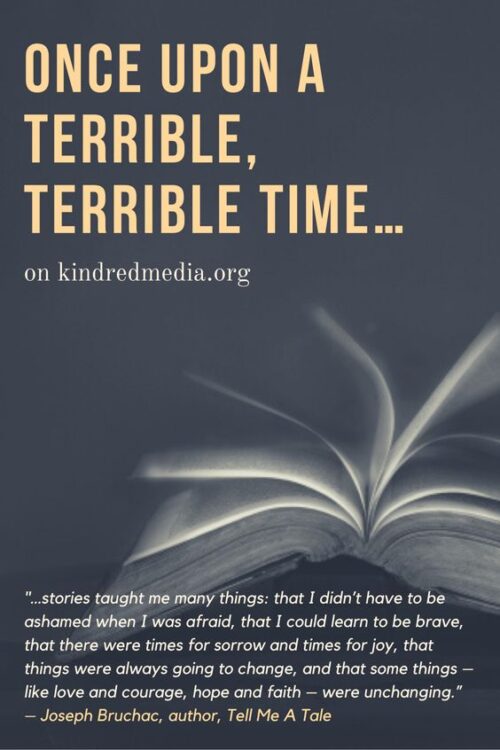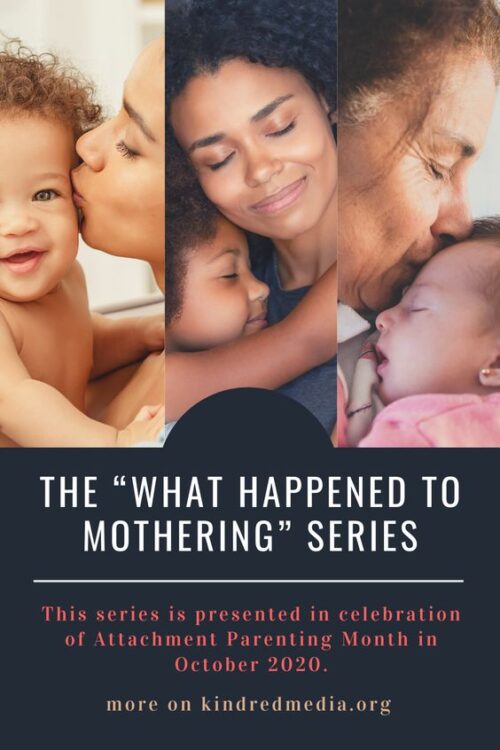Kindred’s Top 12 Stories Of 2020
From Kindred’s December 2020 Newsletter:
Dear Kindred Supporters,
Before 2020, Cultural Creatives like us may have been considered utopian, woo-woo, or impractical. But it turns out, taking time to build our inner skills to create a sustainable, peaceful world is the most valuable use of our precious time together. Kindred’s editorial team is honored to serve your need for courageous questioning, exploring and imagining this year and every year.
Take a look below at our top stories of 2020, and notice how we’re ready to answer the challenging questions of our time and work together to find a way forward. This year we’ve brought you stories of hope and healing, from the ROBE activists who are changing the experience of black mothers by empowering an often overlooked resource: black fathers.
We’ve explored how Europe, and now America, is leading the way in addressing Adverse Childhood Experiences and trauma recovery. We’ve pointed out that this process requires a science-informed baseline for wellness through the creation and support of an Evolved Nest for all humans. We’ve talked with thought leaders about Creating a Post-Pandemic Caring Economy, integrating Prenatal Psychology with Climate Change, claiming our indigenous consciousness as Earthlings, and facing the breakdown of democracy and its underlying Dominator Culture,
There are also practical tools below for reclaiming your nature connection, learning to play, 28 Days of Self-Calming, and a worldview chart to help us quickly identify those traits we possess as indigenous Earthlings.
What questions do you have for us in 2021? What issues do you want to see us explore? What resources would you like for us to create? We are here for you and are ready to help.
For a quarter century, Kindred has shared our human family’s new story, championed counter-culture thought leaders, created resources, and found inspiration to help us author our new story. Please support our nonprofit work, or volunteer with our initiatives. We look forward to serving you and your family in the coming year.
Envisioning our new year together,
Editor, Kindred
Read Kindred’s nonprofit work and history here. Discover more about how to use this website here.
KINDRED’s TOP 12 STORIES OF 2020
How A Grassroots Vision Is Driving Scotland To Become An ACES Aware Nation
If Scotland Can Do It, Can America?An Interview with Suzanne Zeedyk, PhD
Explore Interview Topics :
– Scottish Police Embrace a Holistic View of Violence as a Virus and Attachment as an Antidote
– What Happens When People Become Curious About The Origins Of Violence?
– The Role of ACES in Violence Reduction
– Discovering Resilience, the Documentary, and the Start of an ACES Grassroots Movement
– ACES In Childcare and Education
-How To Talk About ACES Without Shame or Guilt?
Listen to the interview and read the transcript.
The Coronation
By Charles Eisenstein
For years, normality has been stretched nearly to its breaking point, a rope pulled tighter and tighter, waiting for a nip of the black swan’s beak to snap it in two. Now that the rope has snapped, do we tie its ends back together, or shall we undo its dangling braids still further, to see what we might weave from them?
Covid-19 is showing us that when humanity is united in common cause, phenomenally rapid change is possible. None of the world’s problems are technically difficult to solve; they originate in human disagreement. In coherency, humanity’s creative powers are boundless. A few months ago, a proposal to halt commercial air travel would have seemed preposterous. Likewise for the radical changes we are making in our social behavior, economy, and the role of government in our lives. Covid demonstrates the power of our collective will when we agree on what is important. What else might we achieve, in coherency? What do we want to achieve, and what world shall we create? That is always the next question when anyone awakens to their power.
Trapped – The Spiritual Awakening Of Confinement
By Kelly Wendorf
So right now, collectively we find ourselves in a similar opportunity. So much captivity and limitation…do we work ourselves into a lather? Do we shatter the boards? What a perfect holiday invitation––to simply stop and turn in towards the Christ-consciousness that abides within each one of us.
The Gospel of Mary Magdalene describes an alchemical nexus between limitation and limitlessness, between being human and being divine. She uses the term anthropos which translates as ‘someone who is fully human AND fully divine’. “He has prepared us so that we might become fully human,” she says. To become fully human is a modern translation of the words “to become an anthropos,” a completed human being, meaning someone who is fully awakened into their divine nature.
The Men Of ROBE: Standing At The Intersection Of Fatherhood, Infant Mortality, Breastfeeding And Social Justice
By Dave Metler, Reshma Grewal, and Lisa Reagan
In this series, Kindred supporters are invited to our virtual campfire to hear the Wisdom Council members of Reaching Our Brothers Everywhere, ROBE, share their inspired personal stories and vision for their national nonprofit work.
While ROBE’s Wisdom Council members seek to “educate, equip and empower” new fathers, they, and the fathers they serve, face racial and gender inequality, structural racism, and a persistent cultural myth of black fathers as absent fathers. A damaging and racist narrative rarely questioned, contradictory CDC data shows:
- Most black fathers live with their children. There are about 2.5 million who live with their children, and 1.7 million who don’t, according to the CDC.
- Black dads who live with their children are actually the most involved fathers of all, on average, a CDC study found.
Listen to the four part interview series and read the transcripts.
Why Every Day Must Be Indigenous Peoples’ Day For Life To Continue On Earth
By Darcia Narvaez and Four Arrows
Western science does not promote ecological attachment, though some come to the sciences from an enchantment with nature. Instead, Western science and scholarship encourage detachment and “objectivity” (relational disconnection) with what is studied. In either case, the ecological crisis cannot be solved by continuing intellectual discussions. Even Western scientists are coming to realize that to act responsibly toward the natural world, one must care about it in a relational manner, as Indigenous science and worldviewpromotes. One must feel and act connected to the Earth. Efforts to restore nature connection and “rewild” human nature are spreading. Awareness of and respect for the intelligence of animals, plants and insects are increasing.
Listen to the podcast and read the article.
If Machines Replace Teachers
By Michael Mendizza
The first step in bringing education into the present and therefore the future, and simultaneously negate the suicidal implications of machine learning systems replacing nature and human beings and as role models, is to devote a significant portion of one’s education to discovering the limitations of thought and knowledge, including when thought works correctly and when it does not. This study will lead to a fundamentally new perception of one’s self-world-view and our relationship to the living world and all of nature, and bring new meaning to what we consider to be education.
In this regard the presence and influence of living models cannot be over stated. For example, the capacity for spoken language is innate and, given a living model, will be imprinted, opened and developed spontaneously, without formal training. Failing to experience a living model at the stage specific time when the brain expects language to develop, no imprint will trigger the opening and development of spoken language. The same is true for empathy, wonder, playful relationships, altruism, compassion and the capacity for insight, certainly not in the mature forms that a living model will demonstrate. Machine learning system cannot model these embodied states. Why?
Building A Bridge Between Prenatal Psychology And Climate Change
An Interview with Stephanie Mines, PhD
We can still make a difference. The difference is in connection.
The difference is in being a voice for our living earth and the difference is in stewarding for the children of the future. The difference is in consciousness. It is actually an inner climate, and that’s what I want to speak to. That’s what this bridge consists of. It consists of consciousness. It consists of our capacity as adults to fulfill our responsibility as stewards for young children now, for young people and for the children of the future. To steward without awareness of the existential and physiological and literal crisis that we’re in, I feel, is in error…
Parenting is always entering into the unknown and I want to encourage all who are listening to be self-loving and self-accepting and self-forgiving and to become spacious in entering the awareness that neuroscience makes available to us of what is possible. These are the things my mom, bless her heart, could never have known, and the struggles that she went through in raising me under very trying circumstances. We are blessed to have the awareness that is available to us now, so if we could come into this information that we’re going to share with gratitude and consciousness and feel fortunate to become increasingly more aware, we recognize what an incredible contribution this is to the children of the future, to human collective consciousness.
Listen to the interview and read the transcript.
The Psychology Of Domestic Terrorists: Eliminationism
By Darcia Narvaez, PhD
Right-wing extremism represents a “conservatism movement” in the USA, distinguishable from conservatism per se, which is about conserving tradition and making change slowly and carefully. The conservatism movement focuses on threat and exclusion, demonizing and dehumanizing those who don’t follow the party line. It manipulates the emotions and perceptions of listeners/viewers who are lured in with entertaining stories and susceptible to threat cues (recall that this susceptibility is often shaped by early life stress, contra the evolved nest, which undermines healthy development of the stress response system; Lupien et al., 2009).
The focus on hating those outside the sanctioned fold, even as infotainment, enables harmful action when the opportunity arises. As philosopher Iris Murdoch (2001) pointed out, if one routinely imagines harming someone perceived to be a threat just by their very existence, when the enabling situation arises it is much easier to take the harmful action because it has been imagined so many times. Neiwert writes that “small acts of meanness” (e.g., through words or shunning) can become pervasive and can turn into large acts.
The Activist’s Paradox
By Dave Metler
Relational activism captures the behind-the-scenes, private sphere, community-building work performed primarily by women that makes any real social change possible. It highlights the importance of community, networks, and communication in contributing to long-term social change (O’Shaugnessy, 2010). Relational activism supports the idea that “relationships have greater agency than individual actors,” and values public and private sphere actions equally. Relational activism honors social change that happens within the daily routine and in daily relations with others.
Since I was young, I feel that I have been intuitively in touch with sensitivity towards other beings no matter how big or small they were. I was the one who was sad when my friends would kill ants with their feet. I cried in my mom’s lap when a kid in my 5th grade class was discriminated against because of his race. I was one to invite the new kid to sit at my lunch table. I was very in tune with wanting to be inclusive, loving, and accepting, and I was extraordinarily sensitive to the feelings of others. I think I developed this sensitivity because of the way I experienced unconditional love from my parents and God.
Creating a Post-Pandemic Caring Economy
An Interview with Riane Eisler, author of The Chalice and the Blade, and the new Nurturing Our Humanity:How Domination and Partnership Shape Our Brains, Lives, and Future.
“I’ve often spoken about domination systems as trauma factories starting in early childhood, but economics has a piece there too causing, as we see, enormous trauma. When you have a nation, a rich nation where a quarter of children live in poverty, many of them going to bed hungry every night, that’s not a normal we want to go back to. We must create a new Partnerism normal.”– Riane Eisler, Creating a Post-Pandemic Caring Economy, Kindred Interview
Interview Topics
– Our Economy Does Not Reflect Our Values – DOW and GDP Disconnected From Humanity
– The Antiquated, Gender-Biased, Erroneous Story of Capitalism vs. Socialism
– New Language for a New Narrative and a New Story
– The Neuroscience Of Oppression and Awakening from the Dominator Trance
– Domination Systems Are Trauma FactoriesPartnerism and the Post-Pandemic Economy
Listen to the interview and read the transcript.
Once Upon A Terrible, Terrible Time…
By Pam Leo
What we must pay attention to this summer, more than a summer slide in reading, is the slide in our humanity. If we are ever to win the war against illiteracy, we need “boots on the ground” to get “books in their homes.” One Book Fairy is not enough in the best of times. In these unprecedented conditions we need a fleet of Book Fairies if all children are to have books in their homes. The likelihood that children will successfully learn to read is greatly diminished when there are few or no books in their homes. In our culture, children who cannot read cannot thrive. Their future standard of living and quality of life will hinge directly on their ability to read.
Recently, when I heard Rabbi Steve Leder on the Today Show, telling us, “Don’t come out of hell empty handed” his words stopped me in my tracks. I thought, “He is so right! We must make this tragedy count for something.” If we spend the time we have with our children this summer focusing on creating connections with them and teaching them to have empathy and compassion for others, the lessons our children learn can change their lives and the world, for the better, forever.
The “What Happened To Mothering?” Series
By Darcia Narvaez, PhD
The “What Happened To Mothering?” Series
In the 20th century, after the fad of focusing only on the physical needs of infants and the rash of infant deaths as a result, doctors and therapists concluded that impersonal nursing care was to blame. Mother love was key to keeping infants alive and growing well. Here is a description about what that looks like from a physician who did studies with hundreds of infants and mothers.
Dr. Margaret Ribble, M.D., summarized her findings in her book, The Rights of Infants. She discussed how modern medicine had focused on baby nutrition and hygiene even to the extent of assuming a nurse could replace a mother’s care. Institution after institution had provided nurse-type care to infants (patients or orphans) and a wave of marasmus (wasting away) took the health and even lives of many.


